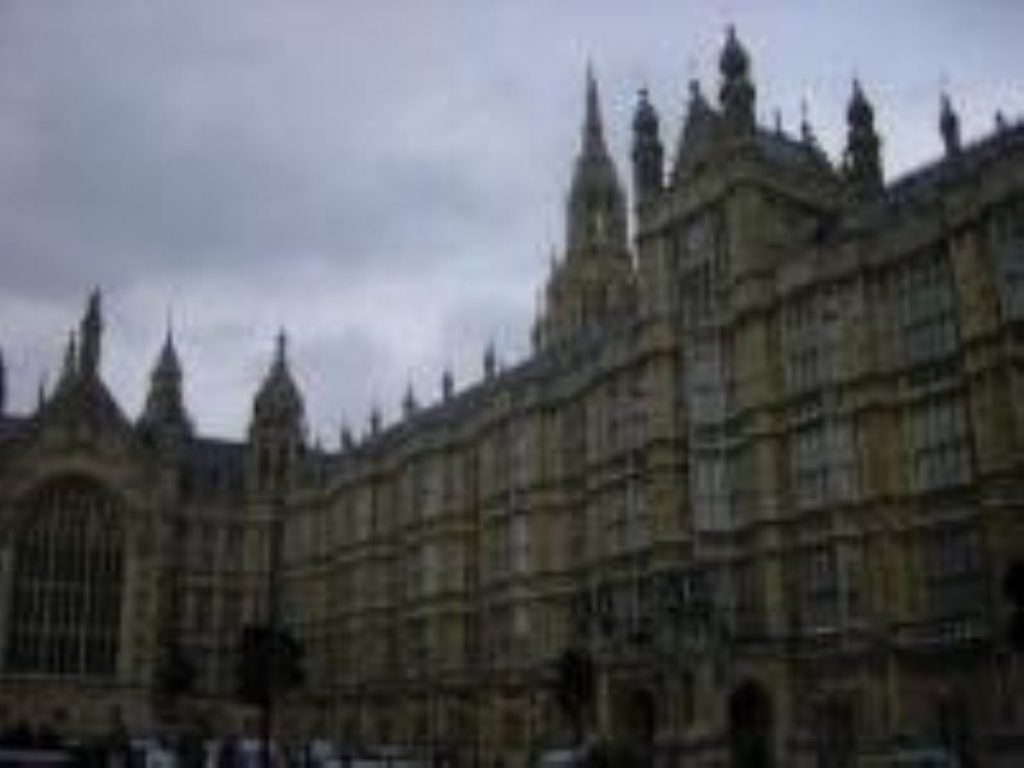‘Catalogue of failures’ at Inland Revenue
The Inland Revenue has been accused of a ‘catalogue of significant administrative failures’ in its introduction of new tax credits by an influential committee of MPs.
The Treasury Select Committee called on Treasury Ministers to urgently address the problems surrounding the tax credits and raised serious questions about how tax collection department has been led.
In a report it said the Inland Revenue has struggled with the introduction of the new tax credits, pointing out that at the beginning of July there were still some 220,000 applications for tax credits that had not been resolved. Over 100,000 of these had been received more than a month earlier. The resulting delays have meant that the Inland Revenue has had to make 200,000 emergency payments, but it cannot at this stage say how many families these relate to.
The MPs maintained that the problems were caused by the IT system designed and implemented by EDS. The Committee warned that the lessons from these mistakes should be passed on to the Department for Work and Pensions before Pension Credits, which will use an IT system being implemented by a consortium that includes EDS, start this autumn.


The Committee called on the Paymaster General, Dawn Primarolo to seek compensation from EDS who they believe should bear the extra costs caused by the delays rather than the British taxpayer.
Michael Fallon, chairman of the Committee commented, “We believe that the Revenue and Paymaster General have a clear duty to pursue vigorously a compensation claim from EDS. We do not expect the additional costs that have been incurred as a result of failure by EDS to be borne by the British taxpayer.”
The Committee accepted that the Inland Revenue faced a huge task in trying to process around 4.5 million applications for a new benefit. The MPs also accepted that the Inland Revenue’s call centre set up to handle complaints could not have been expected to deal with the up to 2 million calls a day.
The Committee welcomed the announcement that the Paymaster General was looking to award compensation to the people who had not received the service that they should have expected from the Inland Revenue.
The MPs were concerned that the Chairman of the Inland Revenue, Sir Nicholas Montagu, had not seen the Paymaster General between the late autumn 2002 and March 2003 when the problems were occurring. The Committee expressed concern that the Inland Revenue did not tell Ministers about the problems until they had found a solution.
The Committee stated, “The practice of the Inland Revenue in not advising Ministers of problems until they have solutions will cause further problems in future. We do not consider it to be ‘best practice’ from the standpoint of the parliamentary accountability of Ministers. We urge an immediate reconsideration by the Revenue.”

